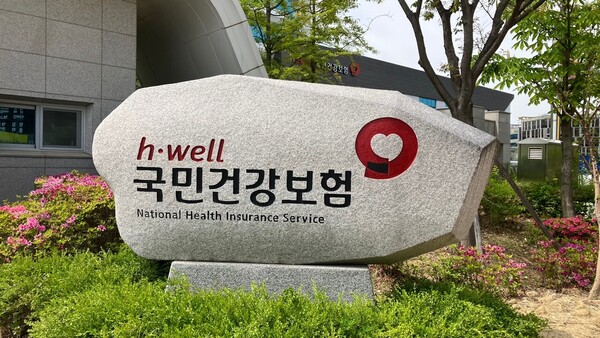
South Korea has undergone a rapid transformation into one of the world’s foremost nations in the field of health care. The **National Health Insurance Service (NHIS)**, a single-payer system that offers **universal health coverage** to all citizens and registered foreign residents, is the foundation of its success. South Korea’s health care model is technologically advanced and accessible, with minimal costs, efficient administration, and high-quality outcomes.
A Single-Payer System for Universal Coverage
South Korea has been subject to a **mandatory national health insurance scheme** administered by the **NHIS** since the **implementation of universal coverage in 1989**. Enrollment is mandatory for all residents, and contributions are determined by income. The self-employed contribute to the system in accordance with their income and assets, while employers and employees share the cost of insurance premiums.
This unified structure guarantees **equal access to care** and **cost control through centralized administration**, thereby establishing South Korea’s health care system as one of the most efficient in the world.
NHIS’s Scope
NHIS offers comprehensive coverage, which includes:
* Hospitalization and emergency services * Primary and specialist medical care visits
* Diagnostic tests and imaging (e.g., MRIs, X-rays) * Inpatient care and surgeries * Maternity care and pediatric services
* Prescriptions * Mental health treatment
Patients typically pay **10% to 30% in co-payments**, which vary depending on the type of care they receive. The government provides **additional subsidies** for severe illnesses, such as cancer, which substantially reduce out-of-pocket costs.
The Function of Private Health Insurance
Although the National Health Insurance System (NHIS) provides coverage for essential services, a significant number of South Koreans opt to purchase **supplemental private insurance** to assist in the payment of services that are not entirely covered by the NHIS. These services include elective procedures, specific advanced treatments, and hospitalization in private accommodations.
Employers frequently incorporate private insurance into their benefit packages, despite its optional nature. Nevertheless, the **NHIS** ensures that the **core of health care access and funding** is accessible to the public.
Advantages of South Korea’s Healthcare System
* **Universal Access** – A single national system provides coverage for all citizens and legal residents.
* **High Efficiency, Low Cost** – Despite the fact that health care spending is relatively low (\~8% of GDP), the outcomes, such as life expectancy and neonatal mortality, are comparable to or slightly better than those of many high-income countries.
* **Efficient Service Delivery** – It is not uncommon to encounter fast turnaround times and immediate access to specialists.
* **Technological Leadership** – South Korea is a global leader in telemedicine, digital health records, and medical technology.
* **Preventive Care** – National screening programs for cancer and chronic diseases are actively promoted and extensively available.
Obstacles and Opportunities for Growth
South Korea’s system is confronted with certain obstacles, despite its numerous advantages:
* **Overutilization** – Providers may be burdened by unnecessary visits and the convenience of easy access.
* **Workforce pressure** – Health professionals frequently encounter low pay and extended hours in relation to their burden.
* **Increasing Costs** – The preservation of affordability will necessitate meticulous policy modifications as the population ages and demand increases.
The government is addressing these concerns by implementing health care reforms, digital innovation, and strategies to enhance the delivery of care in rural areas and more effectively distribute workloads.
In conclusion,
South Korea’s National Health Insurance Service is an example of a **successful single-payer health care model** that integrates high quality, efficiency, and universal coverage. The NHIS is well-positioned to meet the changing requirements of its population while preserving its status as one of the most effective health systems in the world through ongoing innovation and policy refinement.
Leave a Reply